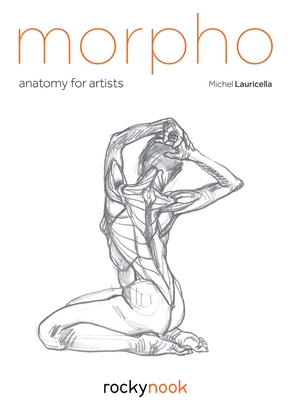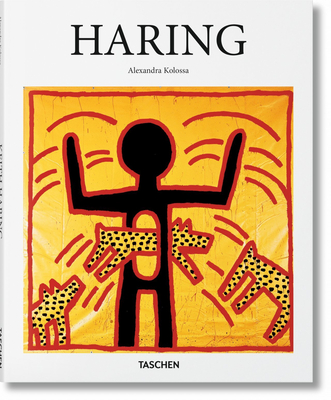
description
5
A stunningly intimate exploration of the writer and gay cultural icon and of his lifelong search for authenticity.
The story of Christopher Isherwood's life is one of pilgrimage: away from the constraints of inheritance and empire and toward authenticity and spiritual illumination. Isherwood--the author of Goodbye to Berlin, which inspired Cabaret, and A Single Man--was born the heir to a crumbling English estate. He died an icon of gay liberation in California while his partner of thirty years, Don Bachardy, painted his death portrait. Isherwood began his career depicting the psychological wreckage of World War I. While living in Berlin, he began to write his reputation-making fiction and (with W. H. Auden) plays inspired by the city's nightlife, its artistic underbelly, its fevered politics. When Hitler took power, he fled with his German boyfriend, who was pursued and arrested by the Gestapo. Isherwood left Europe and found work as a screenwriter in Hollywood, where he became the disciple of a Hindu monk, Swami Prabhavananda. Together they translated the Bhagavad Gita. Isherwood shed his family ghosts and became a chief instigator of the cultural shift that made gay liberation possible. Every step of the journey served his writing; one of our greatest diarists, he recorded his experiences and transformed them in fiction and memoir. Katherine Bucknell charts the quest of the restless, penetrating, blackly comic mind through books, films, foreign lands, love affairs, and collaborations toward self-understanding and happiness. Here is Christopher Isherwood Inside Out.member goods
No member items were found under this heading.
Return Policy
All sales are final
Shipping
No special shipping considerations available.
Shipping fees determined at checkout.







